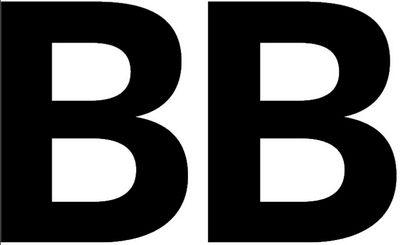Yesterday I touched on the importance of deeper beliefs during our decision making processes, using exercise as an example. Anyone who consistently exercises doesn’t do it because they make a conscious decision to exercise each time. They do it because they’ve internalized health as part of their lifestyle and made it part of who they are.
If we zoom back out, this type of thinking defines nearly everything.
When I walk into the grocery store, I don’t have to think about whether I’m going to try to make off with my groceries or if I’ll follow the rules and pay. I hold a foundational understanding that stealing is wrong, so I don’t do it.
Similarly, I rarely have to think about the way I interact with others. I believe that unnecessarily harming others is wrong, whether that’s physically or mentally, so I tend towards positive interactions. Not because I consciously think that I want to be nice, but because it’s been internalized.
Both of these examples, and many more, point to the importance of each of us having some specific world view. We have the option to simply skate by and follow whatever feels right based on the way society is moving at the moment, but that’s just a lazy part-solution to this problem.
The people who tend to do the most good in the world are overwhelmingly the ones who have made a dedicated effort to understand what they believe. Whether it’s following a specific religion, a role model, a philosophy, or something else; these people define what’s right and wrong for themselves.
They don’t wait to see how the news or social media reacts to an event. They don’t go wherever their emotions might take them. They rely on a deep-rooted belief of what’s right and wrong to make decisions.
If you choose to take this approach, it isn’t easy or quick. If anything, it’ll be painful in the short term as you try to learn from those who came before you and develop your own internal compass.
But the quest will almost certainly be worth it.
-Brandon
